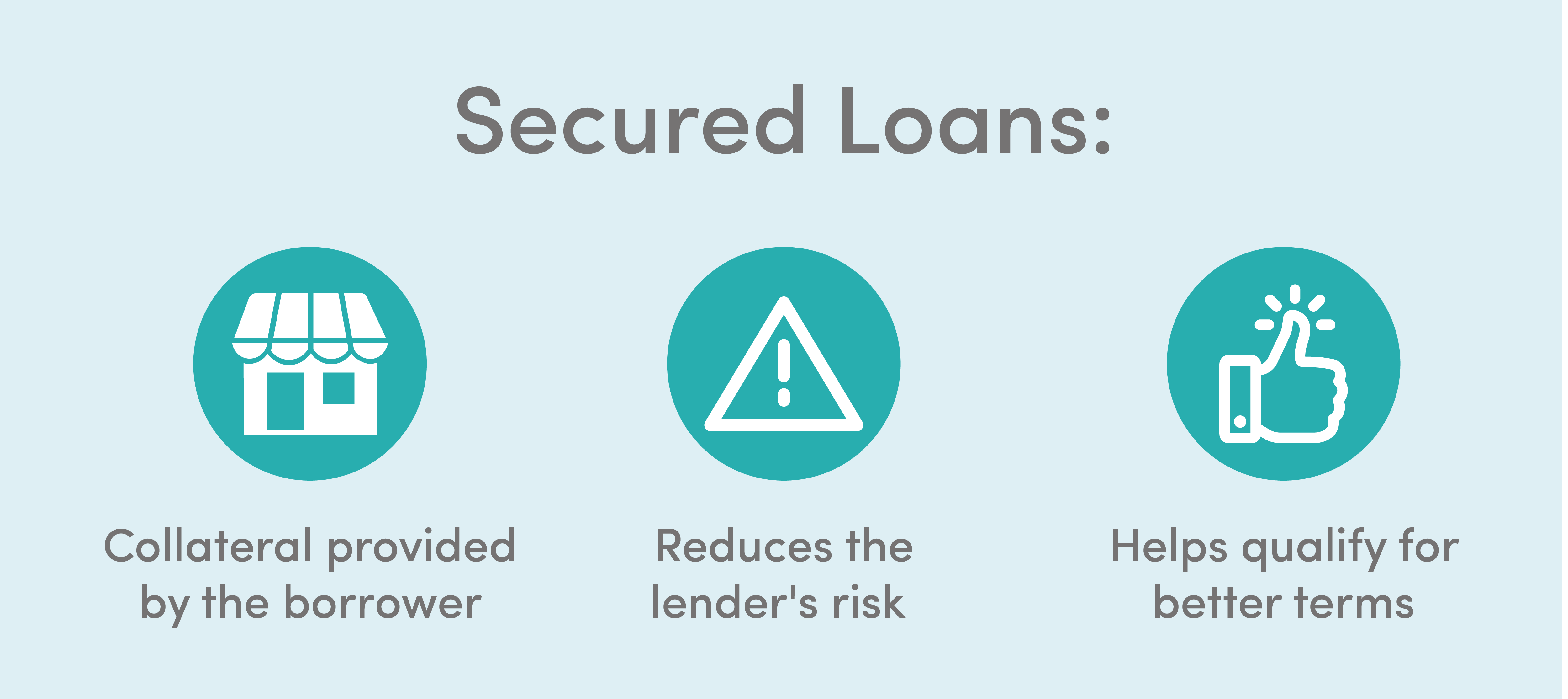Written by: Jacob Dayan
When applying for a business loan, it is crucial to account for the 5 C’s of credit — character, capacity, capital, collateral, and conditions — to maximize your chances of favorable terms and loan approval. Commonly used as metrics by any lender, the 5 C’s paint an objective, holistic picture of your — and your business’s — creditworthiness. This article examines the five C’s of credit: what they are, how they are measured, their significance — and how you can master your C’s.
The 5 C’s of Credit refer to character, capacity, capital, collateral, and conditions. Lenders utilize these five metrics to determine creditworthiness, adjust terms, and extend loan approval.
Commonly referred to as Character, the first C of Credit is assessed based on credit history. The borrower’s credit history is considered using their credit reports generated by the three major credit bureaus — TransUnion, Experian, and Equifax. The purpose of scrutinizing these credit reports is to determine “creditworthiness” — basically, the quality of the borrower. To assess creditworthiness, lenders consider whether the borrower has taken out loans in the past — and if they have repaid them on time. Lenders will also look into information regarding collection accounts and bankruptcies.
The purpose of determining a borrower’s character, or credit history, is to provide lenders with information that can be used to gauge a borrower’s credit risk. Many lenders require potential borrowers to have a minimum credit score before approving them for a loan. These credit score requirements may differ between lenders and loan packages. As logic indicates, having a higher credit score increases the likelihood of loan approval. A borrower’s credit score doesn’t just determine the likelihood of approval; a better credit score can lead to more favorable loan rates and terms.
Capacity measures the borrower’s projected ability to repay a loan by considering their income against recurring debts. When determining a borrower’s capacity, the primary metric to consider is the borrower’s debt-to-income (DTI) ratio. To calculate DTI, lenders divide the sum of the prospective borrower’s total monthly debt payments by their gross monthly income. A lower DTI improves the borrower’s chance of qualification. For most lenders, the DTI “sweet spot” would be — at most — 35%.

If your DTI is high enough, you may actually be prohibited from receiving certain loans. For example, with a DTI of 44% or higher, a borrower will generally not qualify for a new mortgage.
When considering a borrower, lenders take stock of any capital that the borrower earmarks for a potential investment; in principle, more capital decreases the chance of default. For example, a borrower with the capital to pay down a home will find it much easier to be approved for a mortgage. This correlation even extends to specialized accessible mortgages, such as Federal Housing Administration (FHA) or Veterans Affairs (VA) loans, which often require potential borrowers to use their capital to cover at least 3.5% of a home’s buying price.
Capital is also crucial for any borrower seeking to obtain optimal loan rates or terms. Let’s take another example using mortgages: with a down payment of at least 20%, many borrowers can avoid the lender requiring the purchase of additional mortgage insurance.
Put simply, collateral is a tool to give the borrower further incentive to avoid defaulting on loans. In addition, Collateral acts as insurance for the lender; if the borrower defaults on the outstanding amount, the lender can repossess the collateral. Collateral is often used for auto loans and mortgages since the collateral object is typically the subject of the loan: in this case, cars or houses, respectively. Because of this, collateral-backed loans are often categorized as “secured.” Secured loans are widely considered to be less risky for lenders to issue due to the recourse they offer — and as a result, collateral-secured loans typically qualify for lower interest rates and better terms compared to unsecured financing.

When considering giving a loan, lenders take into account the conditions of the loan — interest rate, principal amount, and more. How conditions’ favorability influences the lender’s propensity to approve the prospective borrower. For the sake of example, consider a potential borrower who applies for an auto loan. Because this loan has an express inherent purpose, a lender may be predisposed to approve the loans. On the other side of the spectrum sit what are known as signature loans. As opposed to auto and home loans, signature loans do not have an express inherent purpose. Because of this, lenders are warier to approve borrowers who apply for signature loans.

The interest rate, principal amount, and purpose of a loan are conditions that the borrower influences. However, lenders may also consider conditions that are outside of the borrower’s control. These conditions include, but are not limited to, the current performance of the economy and pending legislation.
The five C’s of credit are crucial when applying for a business loan. Together, they paint a clear, objective picture of your creditworthiness to potential lenders, including underwriters, banks, or credit unions. The health of your five C’s can have a drastic impact on your loan application process, influencing rates, terms — and even approval.
To master your business’s character, build a relationship with your bank or primary lender. By building a relationship that conveys your business in a positive light, your lender may be more inclined to offer favorable terms and approval.
Have your accountants stay on top of your cash flow. Also, try paying down your debt before you apply for more loans.
Maintain an updated Statement of Owner’s Equity, which documents your investments into the company. Small businesses owners who tie more personal money into their business tend to be viewed more favorably by lenders. In addition, know how to value of your small business.
Choosing the optimal business structure is crucial to prevent your personal assets from being seized as collateral. Talk with an attorney about forming a legal entity if you haven’t already.
Stay on top of the ebbs and flows within the economy. If you become skilled at predicting the shifts, you can stay ahead of the curve and optimize the timing of your loans.
Our knowledgeable financial experts can help your business ensure you remain in good standing and preserve your fiscal health. Sign up to get a custom quote today for FinancePal’s professional financial services.

Jacob Dayan is a true Chicagoan, born and raised in the Windy City. After starting his career as a financial analyst in New York City, Jacob returned to Chicago and co-founded FinancePal in 2015. He graduated Magna Cum Laude from Mitchell Hamline School of Law, and is a licensed attorney in Illinois.
Jacob has crafted articles covering a variety of tax and finance topics, including resolution strategy, financial planning, and more. He has been featured in an array of publications, including Accounting Web, Yahoo, and Business2Community.

Nick Charveron is a licensed tax practitioner, Co-Founder & Partner of Community Tax, LLC. His Enrolled Agent designation is the highest tax credential offered by the U.S Department of Treasury, providing unrestricted practice rights before the IRS.
Read More
Jason Gabbard is a lawyer and the founder of JUSTLAW.

Andrew is an experienced CPA and has extensive executive leadership experience.
Discussed options for my business with Brian and he was very helpful in suggesting how best to handle it.
Contact us today to learn more about your free trial!
By entering your phone number and clicking the "Get Custom Quote" button, you provide your electronic signature and consent for FinancePal to contact you with information and offers at the phone number provided using an automated system, pre-recorded messages, and/or text messages. Consent is not required as a condition of purchase. Message and data rates may apply.
By entering your phone number and clicking the “Get Started” button, you provide your electronic signature and consent for FinancePal to contact you with information and offers at the phone number provided using an automated system, pre-recorded messages, and/or text messages. Consent is not required as a condition of purchase. Message and data rates may apply.
